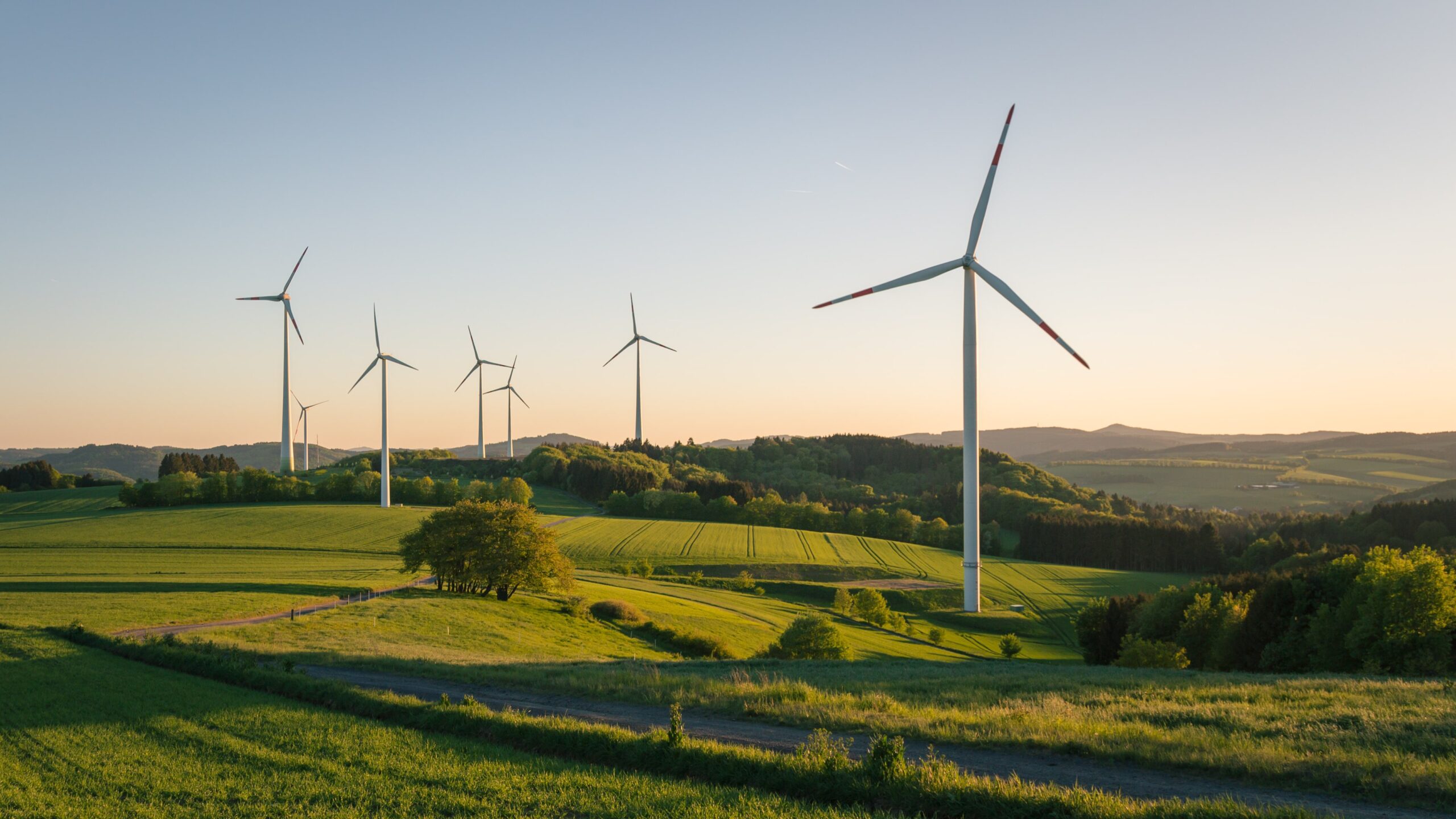Why Worry?
You are not even the same person you were just an hour ago. In an adult human, some 50-70 billion cells die and are replaced every day and if we posit, as some do, that we are the sum of our thoughts then some current estimates put that at 2,500 – 3,000 thoughts per hour. So, who are you now?

Here is the world. Beautiful and terrible things will happen. Don’t be afraid. And yet somewhere along the path of our existence, we’re conditioned to forget that “terrible” part and expect only the beautiful – Fredrick Buechner
There is little we can do to impact the rate of cell death and growth but there is certainly a lot we can do to shift what we spend our time thinking about.
Much of our ceaseless thinking concerns worrying about unpleasantness in our past and planning to avoid a recurrence of such unpleasantness in our future. This is useful very occasionally, when it comes to survival related rumination and future planning. For example, the near-miss road accident I had when I was driving tired. Let’s plan not to do that again. Or the time I went for a hike without a map, phone or water and got lost. Let’s not do that again either. But the vast majority of ‘worry’ is more like – I haven’t heard from John for a couple of weeks after my last text message. Is he angry at me? What did I do wrong? Was it the tone of my message? Does his failure to respond actually validate my suspicions that I’m not worthy of friendship?
But how often we are reminded that it is impossible to control future outcomes and uncertainty, regardless of our efforts! Look where we are today – isolated from each other. Shut off from our habits and routines. Confined to quarters. Fighting over toilet paper. Genuinely scared about our own and our loved one’s mortality.
Worry = chronic stress. And chronic stress is at the heart of most disease states, both mental and physical. As humans we are ‘blessed’ with a pre-frontal cortex (the ‘human’ brain’) that has gifted us the ability to imagine. And this gift of imagination is where culture, art, music, law, values and morals come from. It is what truly separates us from the animals in many ways. But this imagination comes at a cost. And that cost is the ability to worry about a worst-case scenario future that generally never arrives – financial collapse, job loss, relationship breakdown, disease, car accident, loss of a loved one and the list goes on, and on and on. Now add a pandemic to that list. Not to say that these scenarios won’t occur. They will, and putting in place measures to lower the risk of occurrence is wise, but it can only be done with a tacit understanding that:
There are no guarantees in life
Most of what we worry about won’t occur
The real challenges will be a surprise
You can and will deal with them when they occur
Chronic stress (worry) accumulates. All of the ‘worries’ contribute to ‘allostatic load’ which is ‘the wear and tear on the body that accumulates as an individual is exposed to repeated or chronic stress’. These stressors include poor sleep, negative friends, relationship issues, unemployment, bullying and financial worry. Unsurprisingly (maybe…) is that the body and brain are not well equipped to deal with these long term stressors, as for the vast majority of our time on this planet we have evolved to deal with stressors (acute) that are short term. In fact, to quote neurologist Dr John Medina:
‘The human is equipped to deal with stressors that only last 2 seconds’
This is because that was all we had to deal with in the past. Immediate survival. Lions and tigers and bears. And snakes. I saw a snake on a hike the other day and a 2.5-million-year-old trigger explode in my brain as I screamed (in a very manly fashion) and improved my vertical leap capacity by 150%.
Mortgages, blue light emissions, social network anxiety and unemployment weren’t an issue 20,000 years ago, let alone 2.5 million years ago – and our biology hasn’t changed all that much since that time. We had a small but important list of worries back then. Run away from this animal. Fight that animal. Get food and water.
So why worry? Because it’s a human trait. We are worriers by nature. But we are also rational beings as well. When worry strikes, we have the capacity to:
Pause (not react),
Take a breath
Examine a situation to determine if it is real or a mental fabrication
Decide not to allow the worry to define us.
You know what we should really worry about? The fact that we worry too much. Because that is killing us.
The current pandemic situation is a real and genuine concern. But for the majority of us, once we have stocked up and stayed home, there is little we can do to influence the outcome of this pandemic and its impact on our lives. We can control this moment now though. And NOW. And NOW. Take a breath. Reach out to another human. Say something kind. Get some sun. Put your mental health first. Notice how little you need to be content. Practice patience and gratitude. Commit to coming out of this stronger – not weaker. Repeat.
The bad news is nothing lasts forever. The good news is nothing lasts forever – J Cole
Written by Paul Graham
Paul is the Lead Facilitator for the JVAT Resilience & Wellbeing Program, Director of JVAT Americas and a former Australian Army Infantry Officer. He has delivered the program to over 500 participants and is a keen student of yoga, neurology, stoicism and mindfulness. Paul has developed three yoga schools, has trained over 200 yoga instructors in the USA, Australia and Mexico and is a founding partner of Source Meditation.





Leave a comment